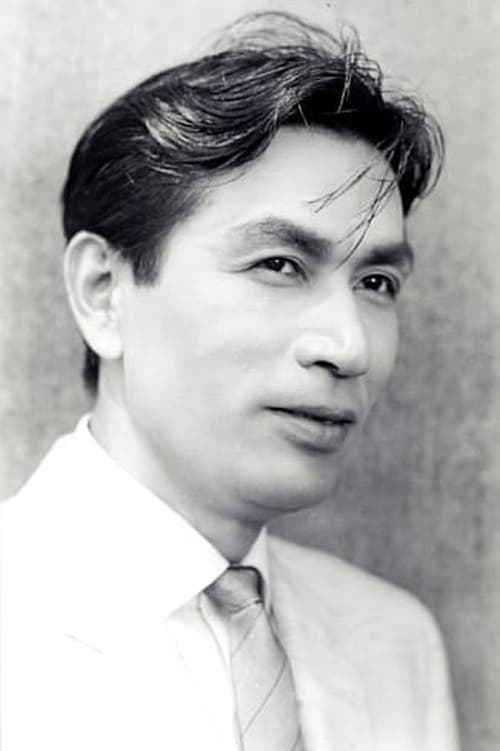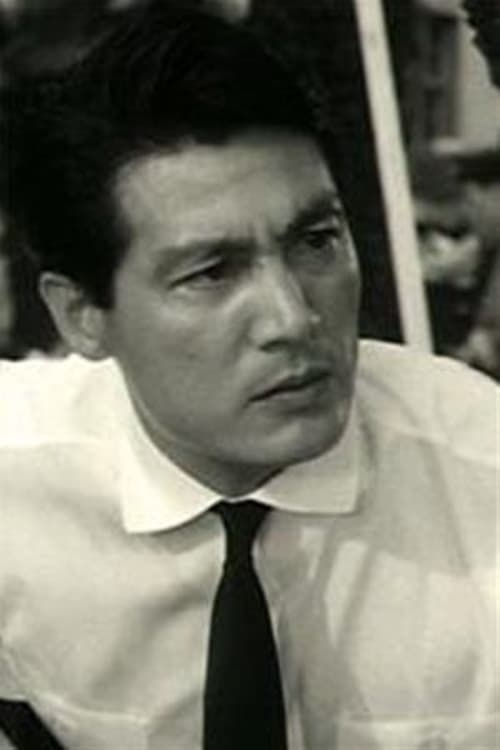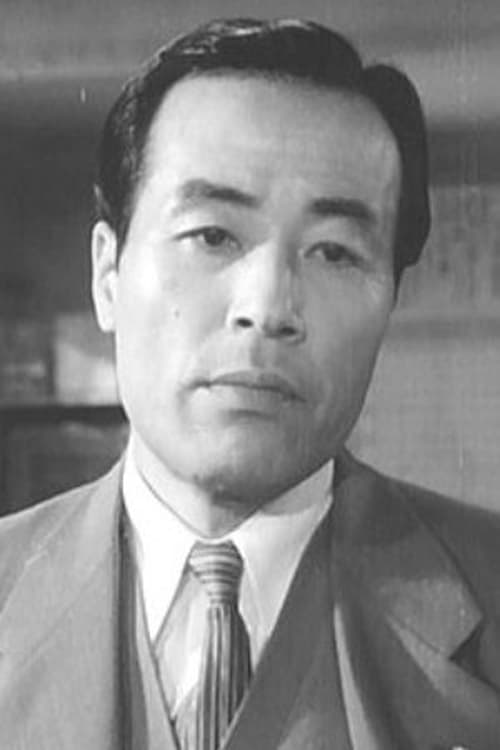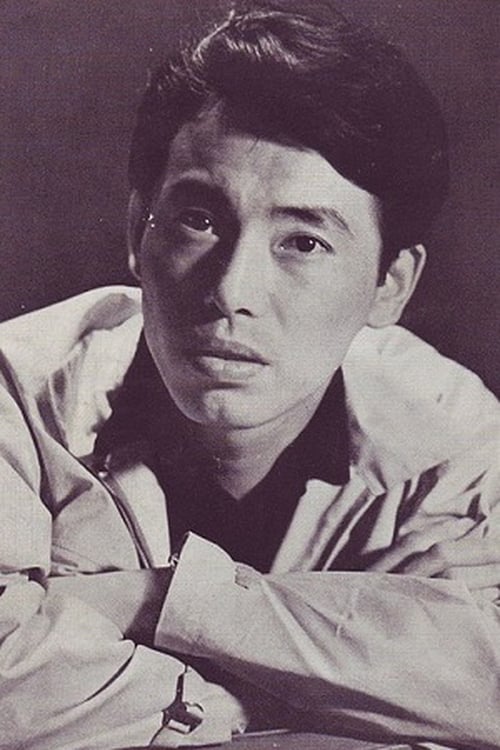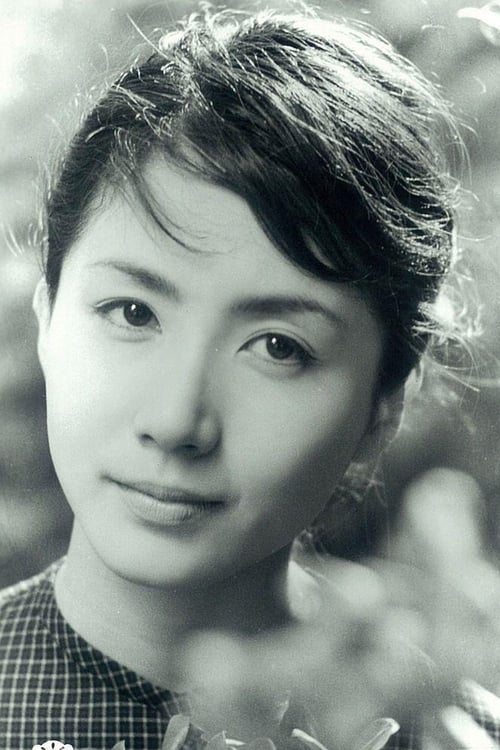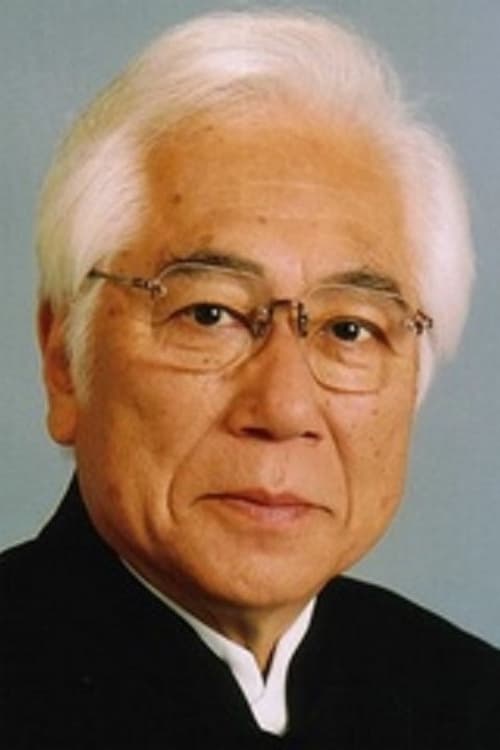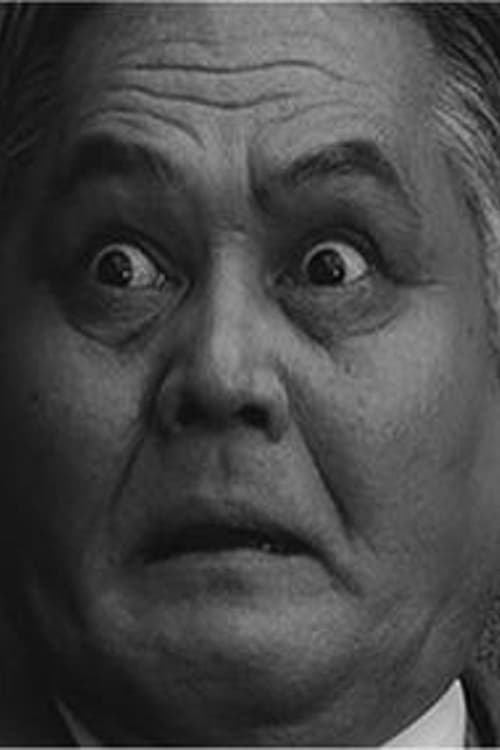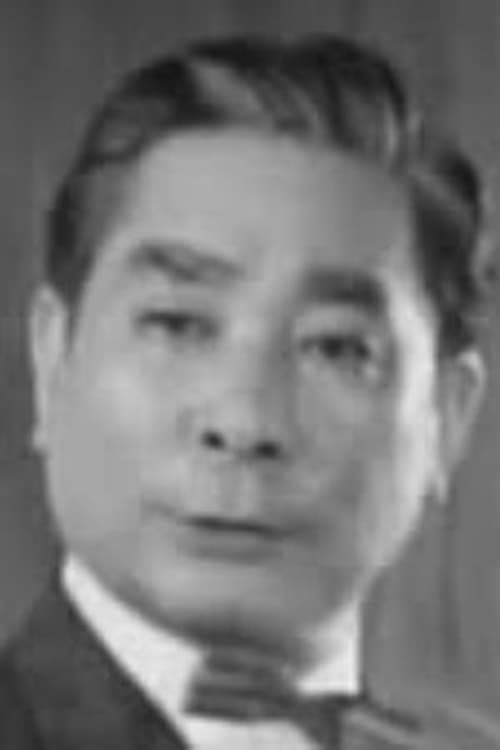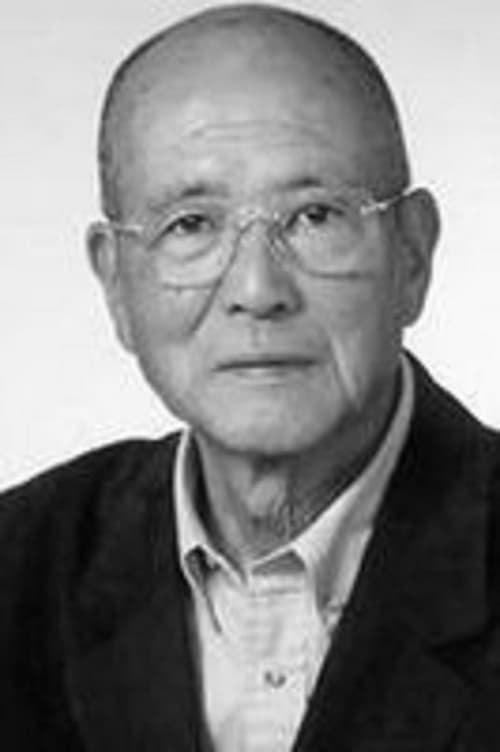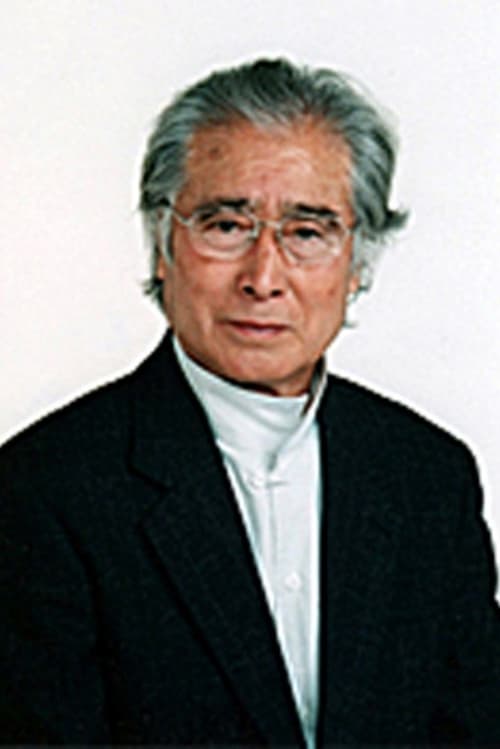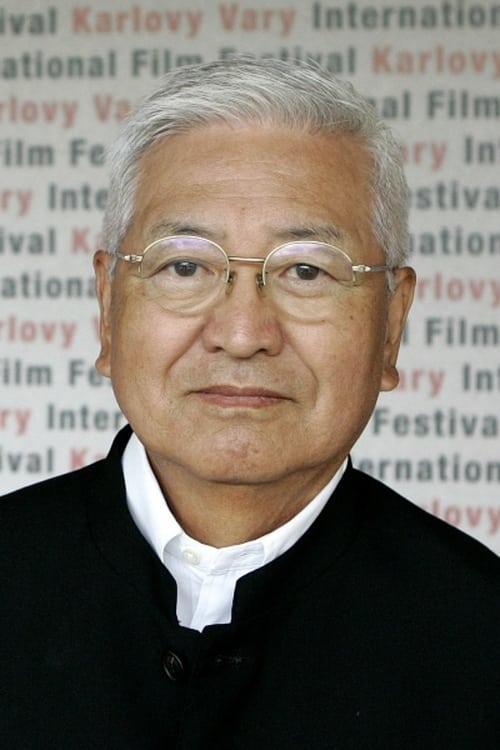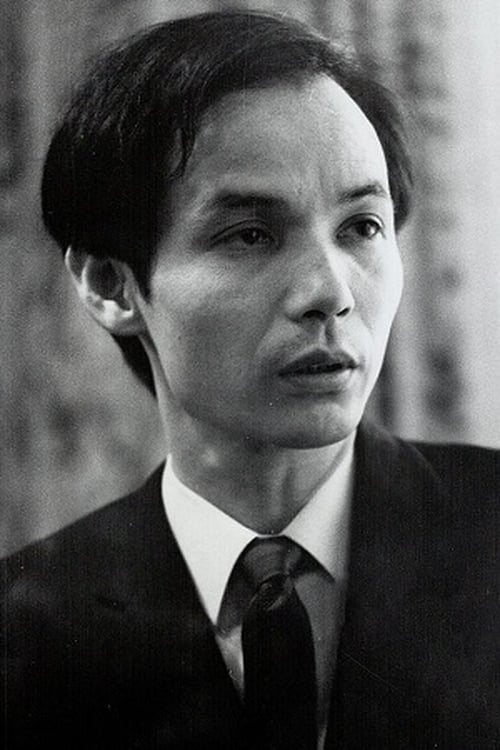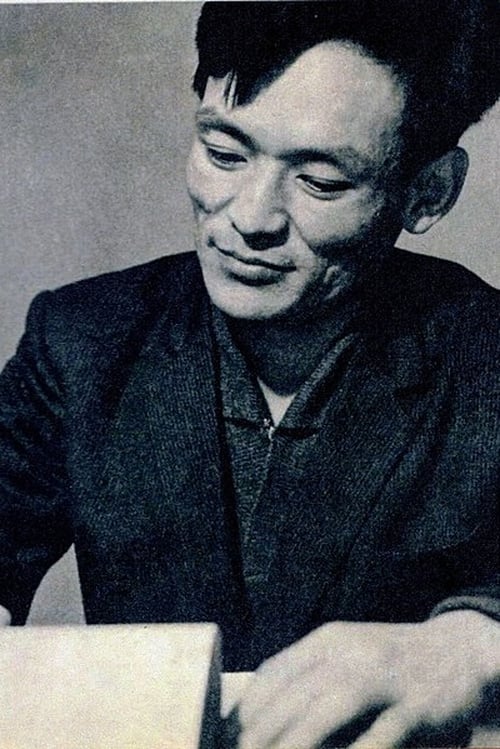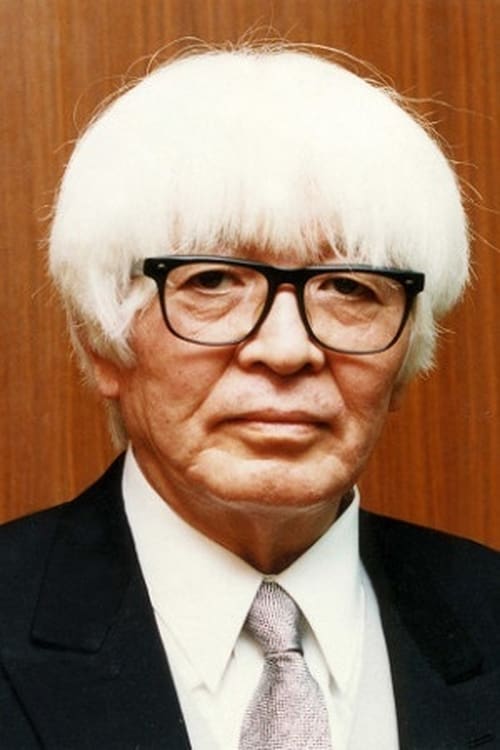Assassination (1964)
Gênero : Drama
Runtime : 1H 44M
Director : Masahiro Shinoda
Escritor : Nobuo Yamada
Sinopse
Assassination begins with the events of 1853 when "four black ships" anchored at Edo Bay, sparking civil unrest and the major political manoeuvring that saw the end of the Tokugawa Shogunate. At a time when assassination had become a disturbing political tool, Shinoda's film follows Hachiro Kiyokawa, an ambitious, masterless samurai whose allegiances drift dangerously between the Shogunate and the Emperor.
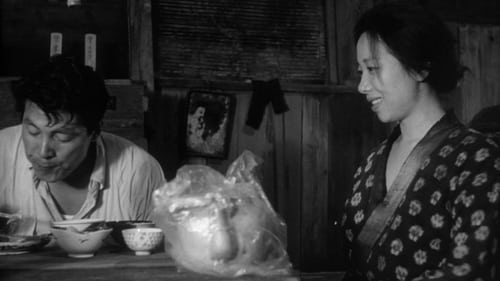
Um entomologista amador resolve sair da cidade e passar o fim de semana numa área desértica do Japão, a fim de coletar insetos raros. Ele pernoita numa casa onde habita uma estranha mulher. Logo ele vai perceber que caiu em uma armadilha sem saída.
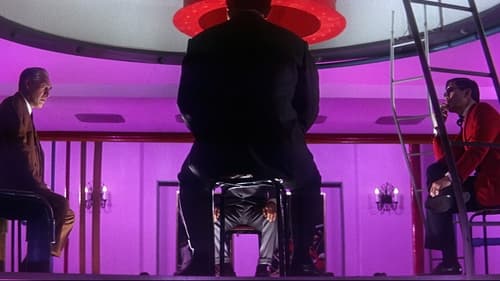
Braço direito a Yakusa resolve abandonar a carreira criminosa com seu chefe, mas uma gangue rival não deixará que isso aconteça tão facilmente.

Subu makes pornographic films. He sees nothing wrong with it. They are an aid to a repressed society, and he uses the money to support his landlady, Haru, and her family. From time to time, Haru shares her bed with Subu, though she believes her dead husband, reincarnated as a carp, disapproves. Director Shohei Imamura has always delighted in the kinky exploits of lowlifes, and in this 1966 classic, he finds subversive humor in the bizarre dynamics of Haru, her Oedipal son, and her daughter, the true object of her pornographer-boyfriend’s obsession. Imamura’s comic treatment of such taboos as voyeurism and incest sparked controversy when the film was released, but The Pornographers has outlasted its critics, and now seems frankly ahead of its time.

Muraki, a hardboiled Yakuza gangster, has just been released from prison after serving a sentence for murder. Revisiting his old gambling haunts, he meets Saeko, a striking young upper-class woman who is out seeking thrills, and whose presence adds spice to the staid masculine underworld rituals. Muraki becomes her mentor while simultaneously coping with the shifts of power that have affected the gangs while he was interred. When he notices a rogue, drug-addicted young punk hanging around the gambling dens, he realizes that Saeko's insatiable lust for intense pleasures may be leading her to self-destruction.
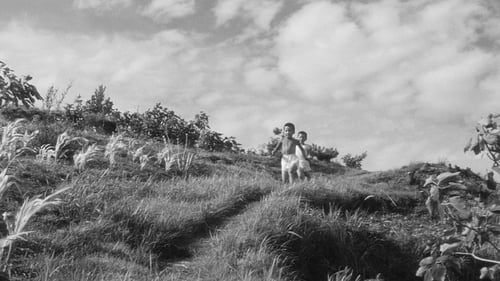
A family of four are the sole inhabitants of a small island, where they struggle each day to irrigate their crops.

A businessman with a disfigured face obtains a lifelike mask from his doctor, but the mask starts altering his personality.

Após a segunda guerra, nas favelas de Tóquio, algumas prostitutas adotam um código estrito de conduta.
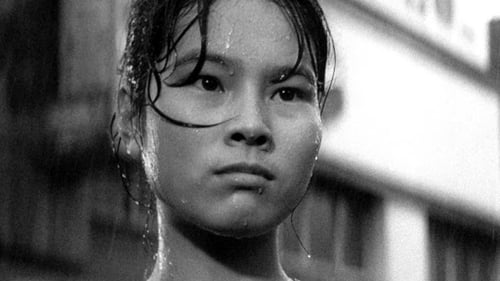
Um jovem opta por trabalhar como cuidador de porcos da Yakuza ao invés de arranjar um emprego normal. Contrariado pela namorada e acreditando ser apenas um trabalho como outro qualquer, acaba sendo jogado em meio ao mundo do crime.
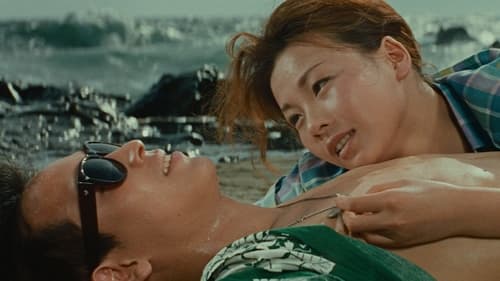
Um jovem severo seduz uma jovem parasita e, eventualmente, tira proveito do seu talento para apanhar boleia e roubar homens da classe média

A man wanders into a seemingly deserted town with his young son in search of work. But after a bit of bad luck, he joins the town's population of lost souls.
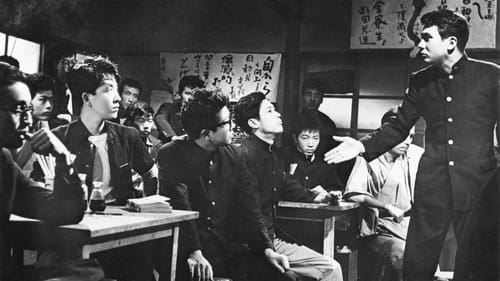
Nagisa Oshima’s most personal film is a reflection by the director on his own disillusionment with the revolutionary student movement of the 1950s and the failure of political radicalism. Taking its title (as a reference or homage) from Alain Resnais’ pivotal 1956 documentary Nuit et Brouillard, the film has a group of former student revolutionaries who meet again years later at the wedding of one of their classmates. Old feelings, rivalries and grudges gradually erupt to the surface as the one-time friends recall the various treacheries by which their cause was defeated. Cutting between times past and the present, and unfolding the action from each of his characters viewpoints, Oshima creates an abstract and yet engrossing study of passions past and principles eroded. —Yume Pictures

Towards the end of the Second World War, a downed U.S. pilot is captured and imprisoned by rural Japanese villagers, who await official instructions as to how to proceed with their “catch.”
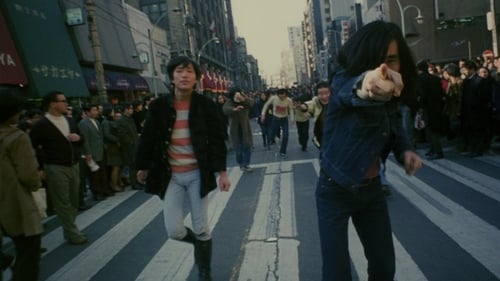
Alternando entre um estudo psicológico sobre a alienação e perda de direitos, e uma chamada urgente pela militância e atuação sociopolítica revolucionária da geração do final dos anos 60, a delirante montagem de Terayma de imagens fragmentadas, não sequenciais e desbalanceadas reflete a incerteza e o caos interior de um empobrecido - e apropriadamente anônimo - jovem, e de sua família igualmente disfuncional: o pai desempregado e voyeur, uma avó deliberadamente mentirosa, e uma irmã cuja ligação afetiva com seu coelho de pelúcia transformou-se numa obsessão bestial.

Two brothers compete for the amorous favors of a young woman during a seaside summer of gambling, boating, and drinking.

A middle-aged factory engineer trains, marries, and ultimately loses a teenage bride after she enslaves him to her whims.

Os estudantes do ensino médio Yasuko, Yôichi, Kôichi e Bill se entregam ao sexo grupal para se libertar de uma sociedade adulta corrupta. Yasuko é motivada pelos amigos a sentir como é ser prostituta: ela faz uma odisseia de autoexploração em busca de uma saciedade completa.
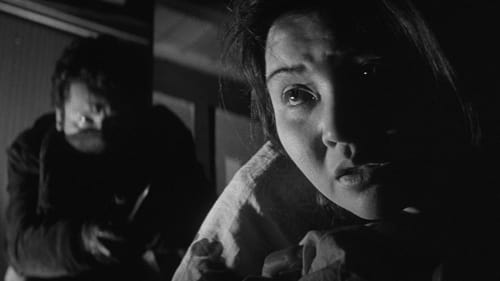
Sadako, cursed by generations before her and neglected by her common-law husband, falls prey to a brutal home intruder. But rather than become a victim, she forges a path to her own awakening.

É uma história da violência que aborda a delinquência juvenil nas ruas mais marginais de um bairro pobre de Tóquio. O grupo vai diminuindo devido a suicídios, assassinatos, guerrilha entre gangues e acidentes ocorridos quando do seu envolvimento em fogo oposto e tiroteios. Atormentados por problemas de álcool, comércio de sangue humano e drogas, os membros do grupo entram numa viagem sem retorno de desespero e de morte certa.
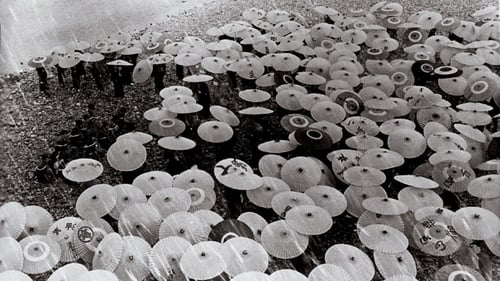
Assassination begins with the events of 1853 when "four black ships" anchored at Edo Bay, sparking civil unrest and the major political manoeuvring that saw the end of the Tokugawa Shogunate. At a time when assassination had become a disturbing political tool, Shinoda's film follows Hachiro Kiyokawa, an ambitious, masterless samurai whose allegiances drift dangerously between the Shogunate and the Emperor.
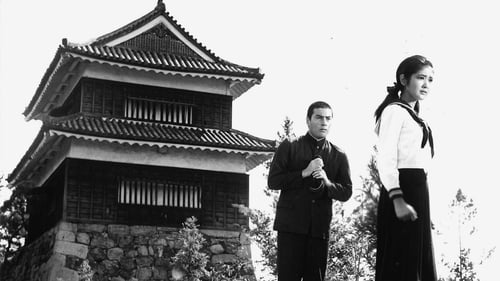
Kiroku boards with a Roman Catholic family and falls for the daughter Michiko. He ignores his feelings, joins a gang, gets in fights and, eventually, becomes involved with the radical Kita Ikki group.

